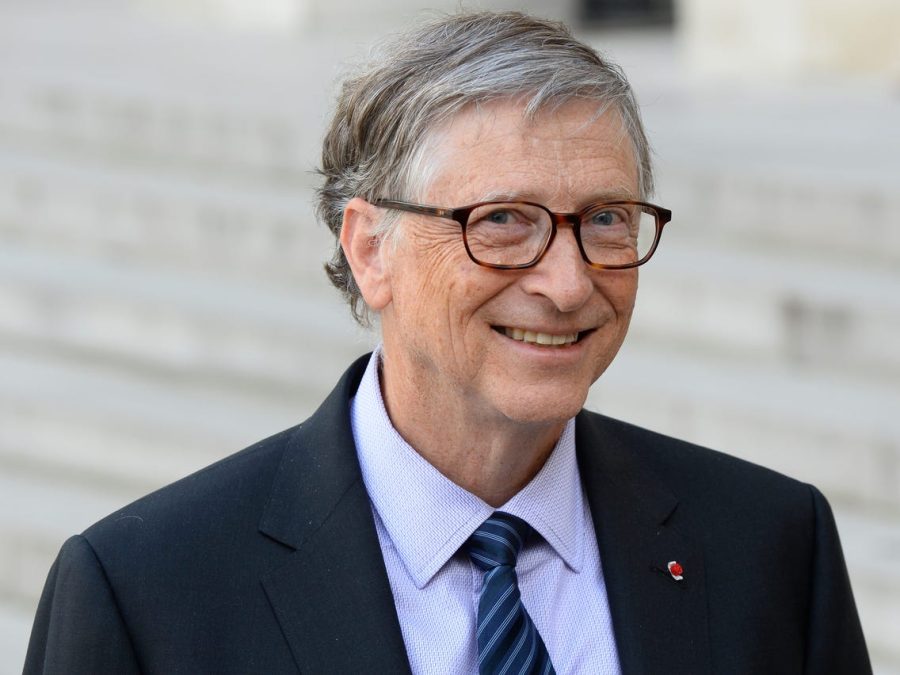Bill Gates, who visited Pakistan this week to help eradicate polio, has warned that another Covid-19 like pandemic may hit the world soon.
Mr Gates, who co-chairs the Bill & Melinda Gates Foundation, however, acknowledged that the risks of severe disease from Covid-19 had “dramati-cally reduced” as people were getting immune to the virus.
In a weekend interview to CNBC, Mr Gates said a potential new pandemic would likely stem from a different pathogen to that of the coronavirus family. He, however, hoped that advances in medical tech-nology would help the world do a better job of fighting it — “if investments are made now.”
Mr Gates pointed out that the Covid-19 has been around for two years, and the worst effects of the pandemic were fading as huge swathes of the global population developed some level of immunity. The latest omicron variant showed that its severity also had waned, he added.
Instead of crediting global efforts to contain the pandemic, Mr Gates said the virus creates its own immunity as it spreads. And this tendency did “a better job of getting out to the world population than we have with vaccines,” he added.
“The chance of severe disease, which is mainly associated with being elderly and having obesity or diabetes, those risks are now dramatically reduced because of that infection exposure,” he said.
Mr Gates said it was already “too late” to reach the World Health Organisation’s goal to vaccinate 70 percent of the global population by mid-2022. Currently 61.9 percent of the world population has received at least one dose of a Covid-19 vaccine.
He urged health professionals and authorities to “move faster to develop and distribute vaccines” when the next pandemic hits the world.
“Next time we should try and make it, instead of two years, we should make it more like six months,” Mr Gates said, adding that standardised platforms, including messenger RNA (mRNA) technology, would make that possible.
“The cost of being ready for the next pandemic is not that large. It’s not like climate change. If we’re rational, yes, the next time we’ll catch it early,” he told CNBC.—Agencies










